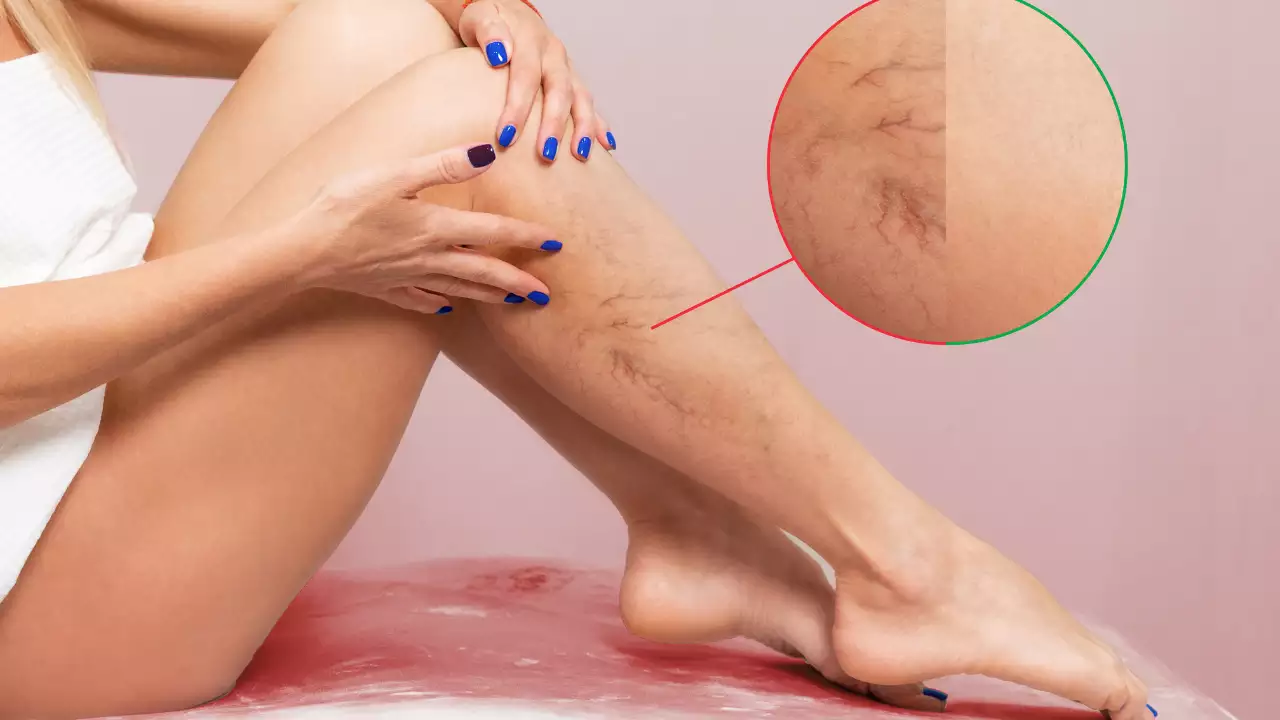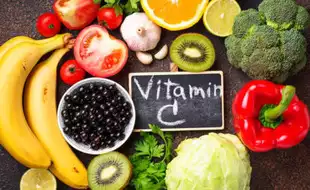News
Varicose Veins: Why You Can't Prevent Them Completely—But Can Still Manage Them Effectively!

Image - Canva
Varicose veins develop for a variety of causes. Age, family history, female gender, pregnancy, obesity, hormone replacement or contraceptive medication, extended sitting or standing, and other factors all increase the risk.
On the other hand, certain risk factors like age and family history are more difficult to prevent than others. While you can't completely prevent varicose veins, we speak with Dr Abhishek Bansal, Senior Consultant and Chief Interventional Radiologist, Aakash Healthcare, New Delhi, on how to manage their impact and stop existing ones from worsening.
"Maintaining a healthy lifestyle is key to avoiding complications," he says.
Healthy Diet
A diet high in fibre and low in sodium and fat will help your veins stay healthy. Dr Bansal recommends eating plenty of fruits, vegetables, and whole grains to boost your general health and help you avoid obesity, which is a major risk factor for varicose veins.
Regular Exercise
Exercise is one of the most effective ways to improve circulation, strengthen leg muscles, and maintain a healthy weight. According to Dr Bansal, at least 30 minutes of moderate activity, such as walking, cycling, or swimming, most days of the week can help prevent varicose veins.
Maintaining a Healthy Weight
Excess weight places additional strain on your veins, making varicose veins more likely. Dr Bansal advises losing weight through a combination of diet and exercise to reduce your risk.
Wearing Loose Clothes
Tight clothing, such as jeans or leggings, can restrict blood flow and contribute to varicose veins. Choose loose-fitting apparel to avoid constricting your legs, says Dr Bansal.
Avoiding Prolonged Sitting or Standing
Long periods of sitting or standing can strain your veins. Dr Bansal recommends taking frequent breaks to walk around if your job requires long hours of sitting or standing.
Elevating Your Legs
Elevating your legs can improve circulation and relieve strain. Dr Bansal suggests lifting your legs above your heart for at least 15 minutes several times a day.
Self-Care Tips for Managing Varicose Veins
- Compression Stockings
- Proper Footwear
- Cold Compress
- Soak in Warm Water
- Massage
Get Latest News Live on Times Now along with Breaking News and Top Headlines from Health and around the world.
Our Blogs
Our Recent News

Is Vitamin C The Key To Cancer Survival? Study Answers
Is Vitamin C The Key To Cancer Survival? Study Answers (Image Credits: iStock) The potential remedy ...

NFL's Randy Moss Battling `Internal' Health Issue, Urges Men To Get Blood Work; Important Tests for Men Over 40
ESPN football analyst has not disclosed details of the illness he might be battling NFL Hall of Fame...

Are We Ignoring the Mental Health Crisis of Persons with Disabilities?
Image - Canva Living with disability has often meant living with a world that is rarely ready for in...

